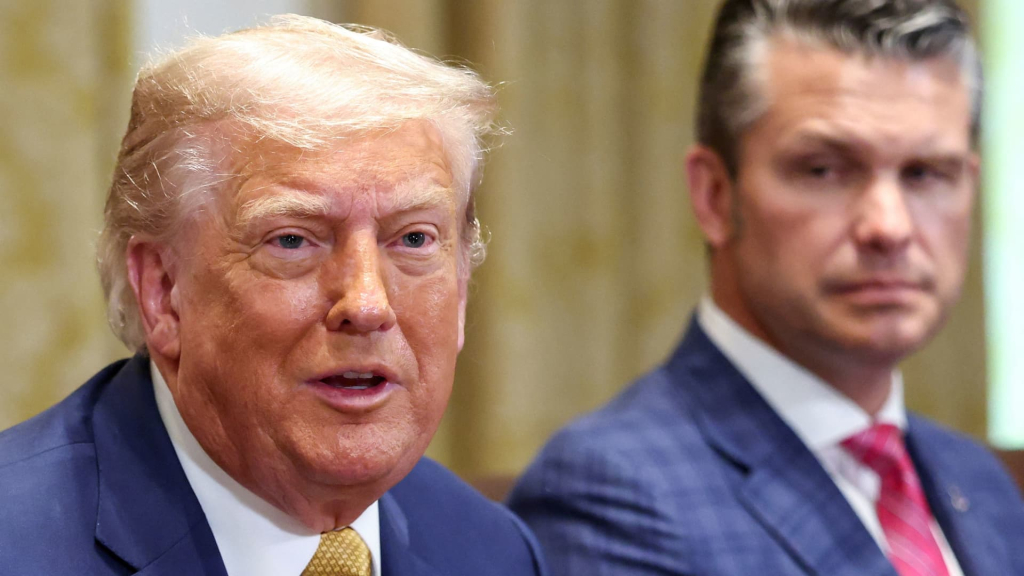President Donald Trump announced on Tuesday his intention to potentially impose tariffs as high as 200% on pharmaceuticals imported into the United States in the near future. During a Cabinet meeting, he remarked, “They’re going to be tariffs at very high rate, like 200%.”
However, Trump indicated that the implementation of these tariffs would not be immediate, allowing a grace period of about one to one and a half years for pharmaceutical companies to adjust. “We’ll give them a certain period of time to get their act together,” he stated, suggesting that drug manufacturers would have the opportunity to prepare for the impending changes.
Commerce Secretary Howard Lutnick also commented on the matter, stating that more specific details regarding the pharmaceutical tariffs would be available by the end of the month. “With pharmaceuticals and semiconductors, those studies are being completed at the end of the month, and so the president will then set his policies then,” Lutnick told Finance Newso.
This declaration marks Trump’s most pointed remarks on pharmaceutical tariffs since his administration began a Section 232 investigation into these products in April. This legal provision allows the Secretary of Commerce to assess the impact of imports on national security.
The proposed tariffs have raised concerns among pharmaceutical companies, which have argued that such levies could increase costs, discourage investment in the U.S., and disrupt the drug supply chain, ultimately jeopardizing patient safety. The industry is already grappling with the repercussions of Trump’s drug pricing initiatives, which they warn could harm their financial health and impede their ability to fund research and development.
Trump believes that imposing tariffs will encourage drug companies to relocate their manufacturing bases back to the United States. Companies like Eli Lilly, Johnson & Johnson, and AbbVie have already started investing more resources domestically as U.S. drug manufacturing has seen a significant decline over the past few decades.


























